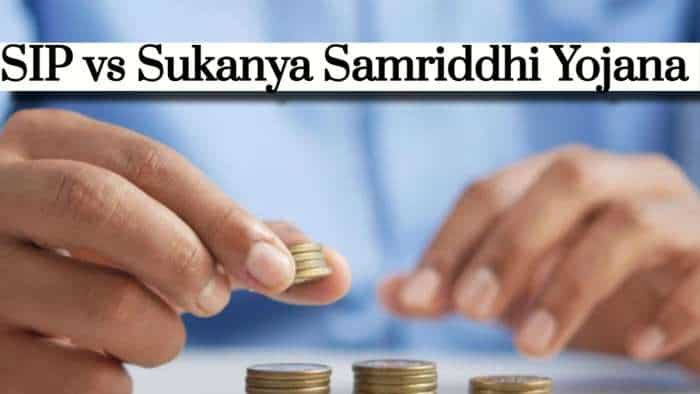Bank Merger: 6 things OBC, UBI customers should know about debit cards, cheque books to passbooks post merger with PNB
Customers belonging to erstwhile Oriental Bank of Commerce (OBC) and United Bank of India (UBI), this is what you must know to ensure that you have a hassle free banking experience, especially when your movements are restricted because of the nationwide lockdown due to the Coronavirus pandemic. Both have been merged into PNB

Customers belonging to erstwhile Oriental Bank of Commerce (OBC) and United Bank of India (UBI), this is what you must know to ensure that you have a hassle free banking experience, especially when your movements are restricted because of the nationwide lockdown due to the Coronavirus pandemic. Both, OBC and UBI have been merged into Punjab National Bank (PNB) with effect from 1 April 2020.
-- The OBC and UBI bank have not been closed and instead merged into PNB so the branches of the erstwhile banks have not closed. PNB has said that the there will not be any immediate closure of any of the OBC and UBI bank branches.
-- You will not be required to submit your KYC documents again if your KYC is updated in banks' records
-- Cheque book/passbook of all the account holders of OBC and UBI will remain valid till any notification is made by PNB
-- Your existing ATM cum debit cards will (i.e. before amalgamation) will remain valid until the date of expiry printed on the debit cards
-- The rate of interest for existing customers will remain same as per the legal contract until the reset period
-- All toll-free numbers, customer care Email IDs of either of the banks are functional even after the malgamation. These will remain functional till further notification by the bank.
See Zee Business Live TV Streaming Below:
PNB is now India's second largest state lender with a business of Rs 18 lakh cr with around 11000 branches and a workforce of over 1 lakh people, a bank document claims.
Get Latest Business News, Stock Market Updates and Videos; Check your tax outgo through Income Tax Calculator and save money through our Personal Finance coverage. Check Business Breaking News Live on Zee Business Twitter and Facebook. Subscribe on YouTube.
RECOMMENDED STORIES

SIP Calculation at 12% Annualised Return: Rs 10,000 monthly SIP for 20 years, Rs 15,000 for 15 or Rs 20,000 for 10, which do you think works best?

FD Rates for Rs 10 lakh investment: Compare SBI, PNB, HDFC, ICICI, and Post Office 5-year fixed deposit returns

LIC Saral Pension Plan: How much should you invest one time to get Rs 64,000 annual pension for life?

SIP Calculation at 12% Annualised Return: Rs 1,000 monthly SIP for 20 years, Rs 4,000 for 5 years or Rs 10,000 for 2 years, which do you think works best?

UPS vs NPS vs OPS: Last-drawn basic salary Rs 90,000 and pensionable service 27 years? What can be your monthly pension in each scheme?

Monthly Pension Calculations: Is your basic pension Rs 26,000, Rs 38,000, or Rs 47,000? Know what can be your total pension as per latest DR rates
05:28 PM IST










 Punjab National Bank reports Rs 270.57 crore loan fraud by Gupta Power Infrastructure
Punjab National Bank reports Rs 270.57 crore loan fraud by Gupta Power Infrastructure  PNB Q3FY25 Results: PSU bank's profit more than doubles to Rs 4,508 crore
PNB Q3FY25 Results: PSU bank's profit more than doubles to Rs 4,508 crore PNB New FD Rates: Punjab National Bank launches 2 new fixed deposit tenures; check out details
PNB New FD Rates: Punjab National Bank launches 2 new fixed deposit tenures; check out details Punjab National Bank reports 13% loan growth in second quarter
Punjab National Bank reports 13% loan growth in second quarter Punjab National Bank increases lending rate by 5 bps across tenors; loan EMIs to become costlier
Punjab National Bank increases lending rate by 5 bps across tenors; loan EMIs to become costlier